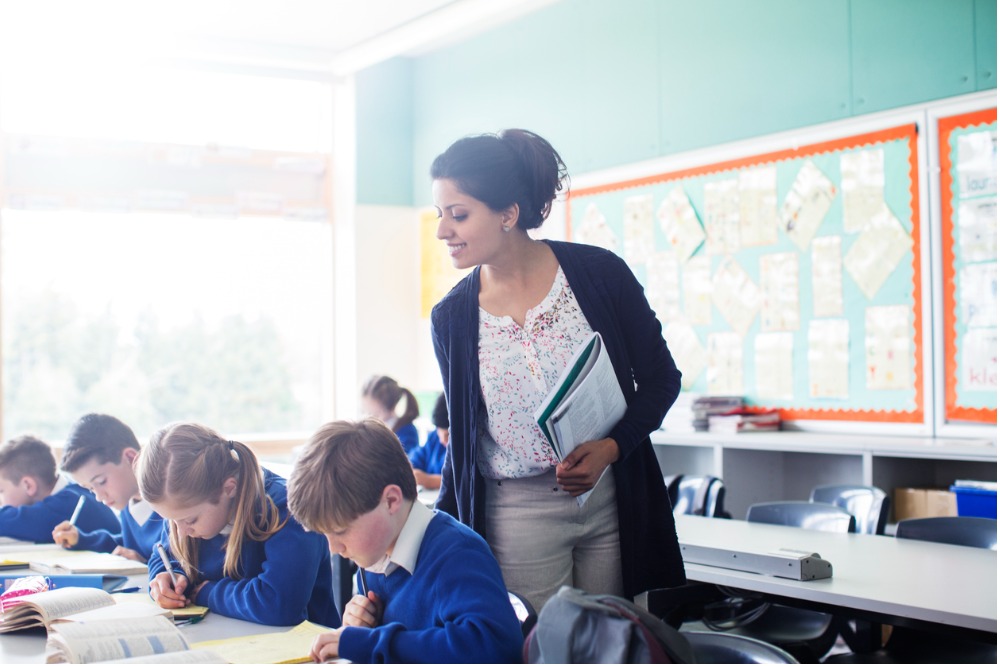
Queensland’s private schools have contributed a staggering $4.7bn to the state's economy, according to new modelling.
The report, conducted by AEC Group and commissioned by Independent Schools Queensland (ISQ), found independent schools contributed $4.73 billion to Gross State Product (GSP), directly and indirectly through employment, infrastructure investment, and international student programs in 2021-22.
The analysis found this economic contribution represents an average of $34,728 per Queensland independent school student – an average return of $3.70 for every $1 of state and federal government investment.
Queensland’s independent schools significantly contribute to employment, creating 32,388 full-time jobs that generate $3.36 billion in wages and salaries. This equates to one full-time job for every 4.2 independent school students.
Since the AEC Group’s last report four years ago, the sector has grown by 15,200 enrolments, reaching 136,200 students, and added 25 new schools, bringing the total to 230. By the start of the 2024 school year, 234 independent schools had enrolled over 147,000 students.
ISQ Chief Executive Officer Chris Mountford said the report revealed the influence and impact of independent schools – which educated 16% of school-age Queenslanders – extended beyond strong academic and civic outcomes.
“The headline findings from the report are illuminating and clearly demonstrate the valuable contribution independent schools make to the state’s economy both directly and indirectly through employment, infrastructure investment, and international student programs,” Mountford said.
“We expect this contribution to grow as the sector readies itself to take on its share of the 90,000 additional school students who will call southeast Queensland home over the next two decades.”
The report reveals, outside Brisbane, the three highest-contributing local government areas to GSP, wages, and jobs were: the Gold Coast ($821 million; 5,411 jobs), Sunshine Coast/Noosa ($455.1 million; 2,793 jobs), and Moreton Bay ($378.1 million; 2,774 jobs).
Mountford said the report also estimates families who choose independent schools for their children instead of a fully-funded place at a state school freed up $1.56bn per annum in capital and recurrent government funding for other essential services.
“This is the equivalent of roughly 18,300 first-year police officer salaries in Queensland. Or looking at the education sector, those savings could fund 19,100 beginning teacher salaries,” he said.
“Many parents make sacrifices in other areas of their lives to educate their children at independent schools, meeting about half the operational costs, on average, with the Australian and Queensland Governments contributing the remainder.”
Mountford said the report shows that encouraging private investment in education pays enormous dividends.
“The private-public partnership between tax-paying independent school families and governments is a successful and enduring partnership which must continue with the support of ongoing public investment.”


